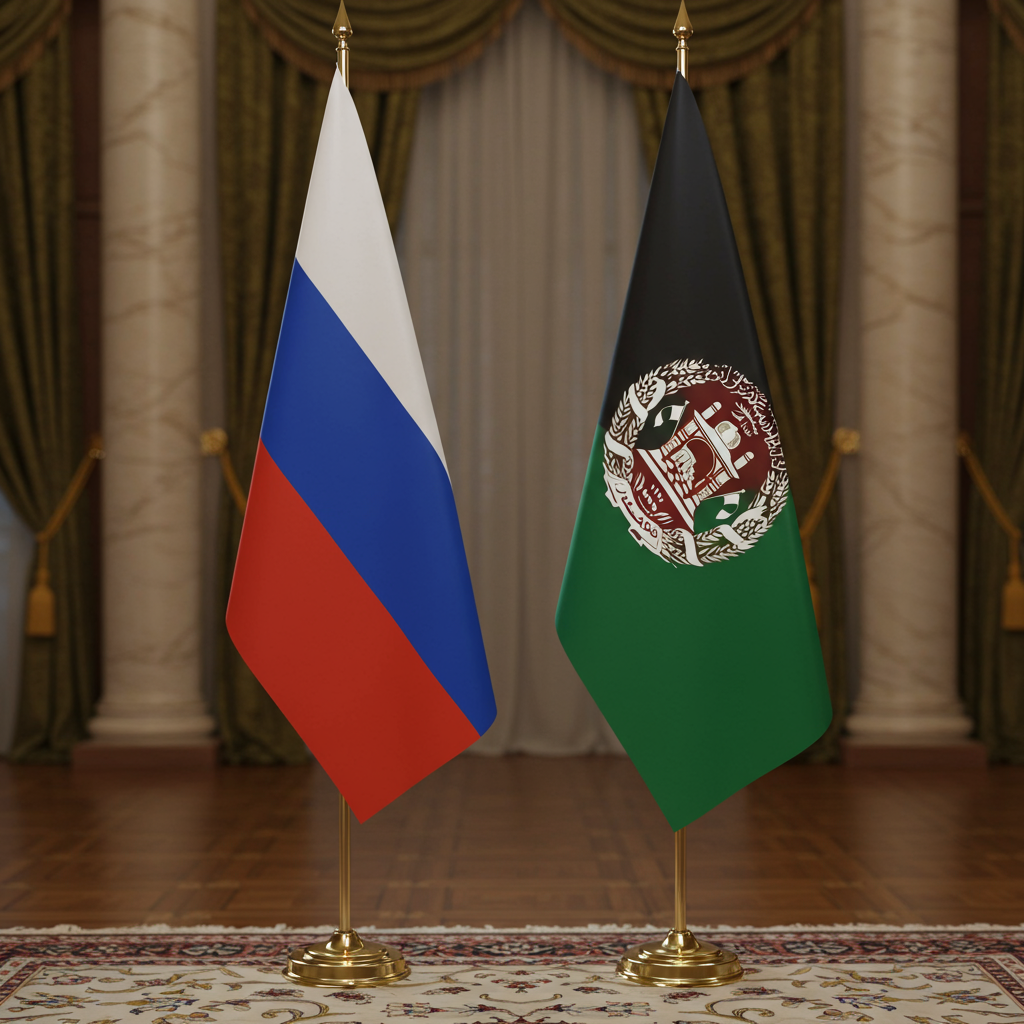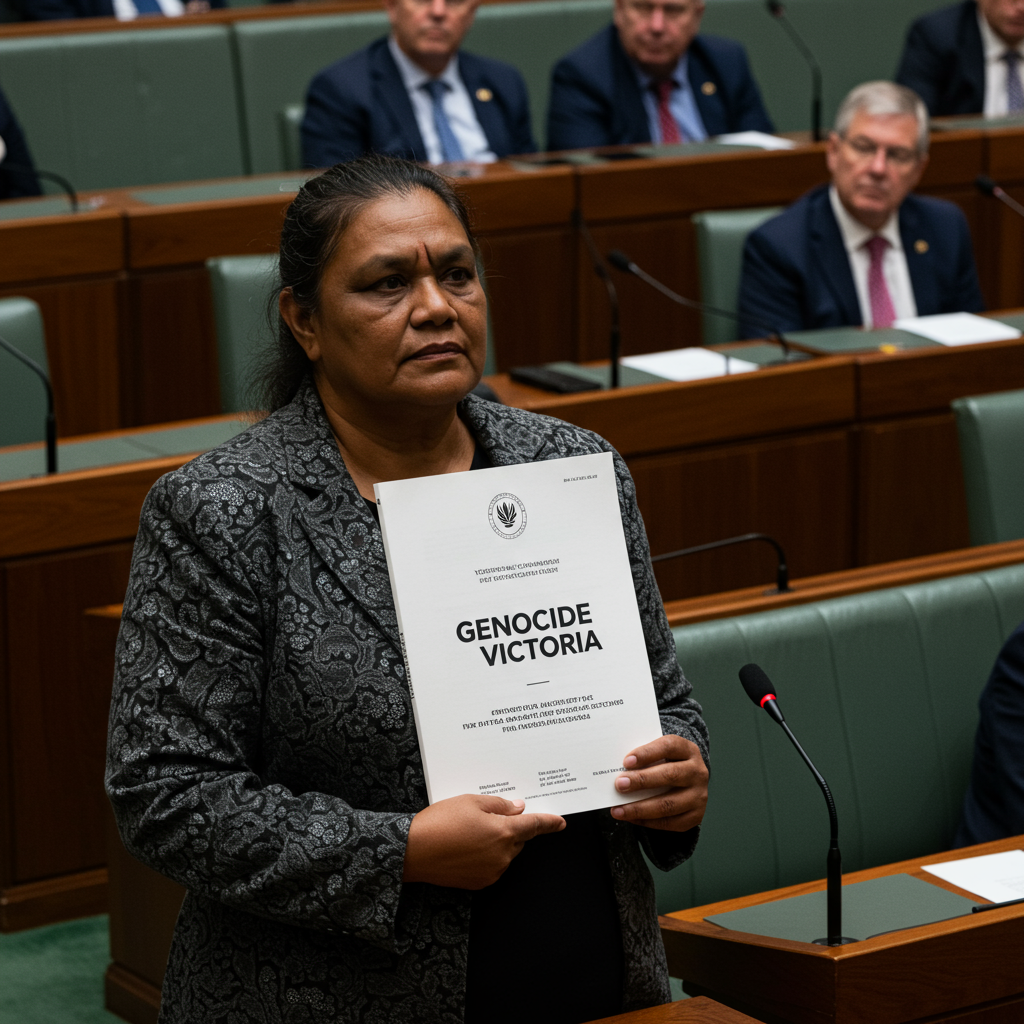For the first time in over a decade, Chinese President Xi Jinping has skipped the annual brics leaders’ summit. This unexpected absence from the gathering in Rio de Janeiro, Brazil, has ignited widespread speculation among global observers. Xi has consistently positioned BRICS as a central element in china‘s strategy to build a multipolar world and counter Western influence. His decision not to attend, especially at a critical juncture for the expanding bloc, raises significant questions about Beijing’s priorities and potential internal dynamics. This article explores the various reasons experts believe factored into Xi’s notable no-show and examines what it might signal for China and the future of BRICS.
Decoding Xi’s Absence: More Than a Scheduling Conflict?
The official explanation offered by China for President Xi’s non-attendance cites a “scheduling conflict” and points to recent meetings between Xi and Brazilian President Luiz Inácio Lula da Silva. Earlier in the year, Xi visited Brazil for the G20 summit and a state visit. Lula also traveled to China in May.
However, many analysts view this official reason with skepticism. Missing a summit involving the leaders of multiple major emerging economies, particularly one where China plays a dominant role, is seen as highly unusual for Xi. Instead of the President, Premier Li Qiang is representing China at the summit. This continues a trend of Xi occasionally delegating high-profile international appearances.
Observers are working to decipher the true motivations behind this unprecedented decision. Several potential factors, ranging from domestic pressures to strategic calculations, are being considered.
Domestic Headwinds Command Attention
A widely cited reason for Xi Jinping’s absence is the pressing need to focus on China’s significant domestic challenges. The Chinese economy is currently facing considerable headwinds. These include slower growth rates, stubbornly high youth unemployment, and a prolonged crisis in the property sector.
Intensifying trade friction with the United States also demands Beijing’s attention. New tariff threats add complexity to the economic landscape. Furthermore, the Chinese leadership is heavily involved in strategic planning for the country’s 15th Five-Year Plan, covering 2026-2030. Drafting proposals and public consultations for this crucial plan are underway. These substantial domestic tasks likely require Xi’s direct oversight. Analysts suggest that prioritizing internal stability and economic recovery could outweigh the perceived need for his physical presence at an international summit, especially one requiring a long journey to Brazil.
Speculation on Internal Political Dynamics
Xi Jinping’s absence has also fueled speculation about potential shifts within the Chinese Communist Party (CCP). Some analysts point to recent periods where Xi was less visible publicly as raising questions about who truly holds power in Beijing. While still holding official titles, some reports suggest his influence might be facing challenges in key areas like the military and the economy.
Speculation includes the possibility that other senior figures, potentially backed by members loyal to former leaders, might be asserting influence. The reported removal of generals close to Xi and a perceived subtle shift away from the prominence of “Xi Jinping Thought” in state media narratives are cited as potential indicators. The emergence of technocrats, like Wang Yang, sometimes mentioned as a potential future leader, is also noted in this context. These internal political considerations, if significant, could demand Xi’s presence and focus within China.
Strategic Delegation or Lowered Expectations?
Conversely, some experts argue that sending Premier Li Qiang to the BRICS summit does not necessarily signify a downgrading of BRICS’ importance to China. Instead, they suggest it might indicate Beijing’s confidence in the bloc’s stability and direction, allowing Xi to delegate while China continues to exert influence through its representative. BRICS remains a crucial platform for China to advance its vision of a multipolar world and build alternative global governance mechanisms.
Another potential factor is that Beijing may have had low expectations for major breakthroughs at this particular summit. Given the complex internal dynamics of the expanded group and potentially less urgent agenda items compared to previous years, Xi might have judged his personal attendance less critical for achieving China’s core objectives.
BRICS in Transition: Expansion and Internal Friction
The current BRICS summit occurs at a dynamic time for the group. Originally comprising Brazil, Russia, India, and China, it added South Africa in 2010. In 2024, it underwent a significant expansion, welcoming Egypt, Ethiopia, Iran, and the United Arab Emirates. Indonesia also officially joined this year, increasing the membership to 10 full members. Other nations have also been designated as “BRICS partners.”
This rapid expansion has substantially increased the group’s global economic footprint. With its expanded membership, BRICS collectively accounts for a significant portion of the world’s GDP, population, and natural resources. China remains the economic anchor of the bloc, contributing about 60% of the total nominal GDP and serving as the largest trading partner for most members.
However, this expansion also brings increased diversity in political systems, economic priorities, and strategic interests. Analysts note that finding consensus among members with vastly different national agendas can be challenging. Internal frictions exist, such as long-standing tensions between China and India, and trade disputes, including recent tariffs imposed by Brazil and Indonesia on China. These internal contradictions can sometimes hinder the group’s ability to speak with a unified voice, despite a shared ambition to challenge Western dominance.
Beyond Xi, Russian President Vladimir Putin is also not attending in person due to an International Criminal Court arrest warrant (Brazil is an ICC signatory). He is participating virtually. This leaves Indian Prime Minister Narendra Modi as the only attending leader from the original BRIC quartet, potentially giving India increased visibility at the summit.
Key Agenda Items: De-dollarization and Global Ambitions
Despite Xi’s absence, the BRICS summit agenda includes significant themes. A primary focus is expected to be de-dollarization. This involves efforts to move away from using the U.S. dollar in international trade and finance. This objective particularly resonates with members like Russia and Iran, who face heavy U.S. sanctions.
Brazil, as the host, previously highlighted “increasing payment options” as a priority. China is also keen to promote the wider use of its currency, including the digital yuan, among BRICS nations. Some experts observe that BRICS members are already contributing to shifts in global currency flows by increasing trade in local currencies. China’s development of alternative payment systems is also seen as a step in this direction.
However, the more ambitious idea of a unified “BRICS currency,” floated by Brazil in 2023, appears unlikely to be a key focus this year. This proposal has faced skepticism due to the diverse economic structures and interests within the group. Reports of potential tariff threats from former U.S. President Donald Trump against countries supporting such a currency may have also dampened enthusiasm.
The broader strategic ambition of BRICS remains centered on promoting a multipolar world and reforming international institutions to better reflect the rise of emerging economies. The group positions itself as a counterweight to blocs like the G7. Despite internal complexities, BRICS serves as a platform for these countries to build influence and strategic autonomy amidst evolving global dynamics.
Frequently Asked Questions
Why is Xi Jinping’s absence from the BRICS summit considered significant?
Xi Jinping’s decision to miss the BRICS summit in Brazil is notable because it marks the first time he has not attended the annual leaders’ gathering since he became China’s leader over a decade ago. Given China’s central role in the bloc and Xi’s personal emphasis on BRICS as a platform to enhance China’s global standing and advocate for a multipolar world, his physical absence breaks with established precedent and has fueled extensive analysis about the underlying reasons.
Who is representing China at the BRICS summit instead of President Xi Jinping?
Instead of President Xi Jinping, Chinese Premier Li Qiang is attending the BRICS summit in Rio de Janeiro, Brazil. Li Qiang is China’s second-highest-ranking official. His attendance continues a pattern where Xi has occasionally delegated participation in high-profile international forums to trusted seconds-in-command, although missing the core BRICS leaders’ summit is a more significant departure.
Does Xi Jinping’s absence mean China is less committed to the BRICS group?
Experts offer varied interpretations. While some speculate the absence could slightly dilute China’s influence at this specific summit, most analysts agree it does not signal a fundamental downgrading of BRICS’ importance to Beijing’s long-term strategy. BRICS remains crucial for China’s goals of countering Western influence and building alternative global structures. The decision likely reflects Xi prioritizing pressing domestic economic challenges and internal political matters over attending this particular international event, rather than diminished strategic interest in the BRICS platform itself.
Implications and What’s Next
Xi Jinping’s unprecedented absence from the BRICS summit is undoubtedly a key storyline, diverting attention from the summit’s formal agenda. While the official explanation focuses on scheduling, the deeper analysis points towards a complex interplay of domestic pressures, potential internal political considerations, and possibly a strategic calculation about the summit’s anticipated outcomes.
The decision highlights the immense domestic challenges currently facing China, demanding the leadership’s full attention. It also keeps alive speculation about the dynamics within Beijing’s corridors of power. For BRICS, the absence might momentarily shift the spotlight to other key leaders like India’s Modi. However, China’s influence within the bloc, primarily economic, remains substantial regardless of who attends.
The summit will continue to address crucial issues like de-dollarization and global governance reform amidst the challenges of integrating new members and managing diverse national interests. Xi’s no-show adds another layer of complexity, leaving observers to ponder whether it signifies a temporary recalibration of priorities or something more profound about the state of affairs within China.



